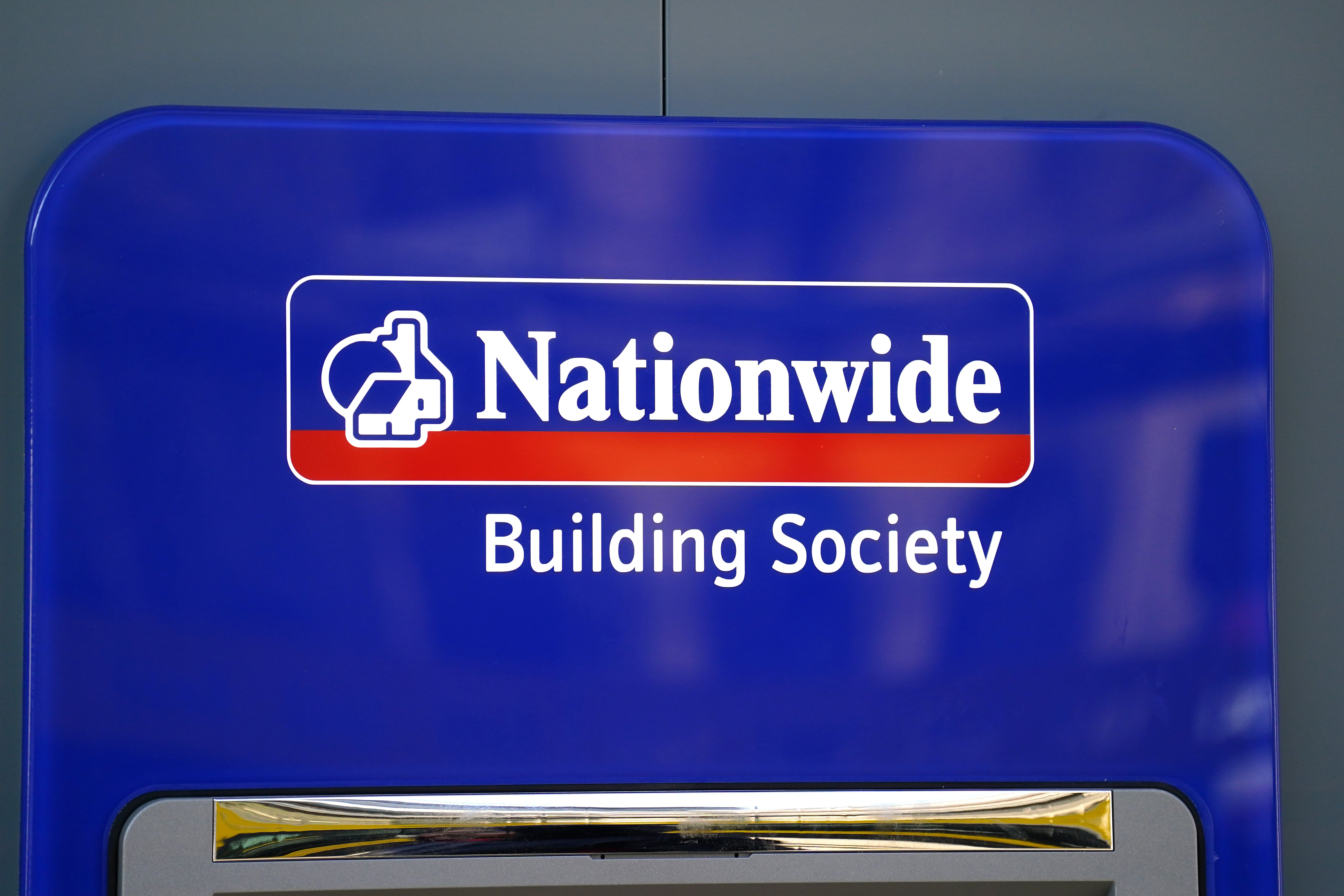How homeowners can escape huge mortgage hikes as lenders raise rates
Britain’s biggest building society Nationwide raised its mortgage rates on Friday

Your support helps us to tell the story
From reproductive rights to climate change to Big Tech, The Independent is on the ground when the story is developing. Whether it's investigating the financials of Elon Musk's pro-Trump PAC or producing our latest documentary, 'The A Word', which shines a light on the American women fighting for reproductive rights, we know how important it is to parse out the facts from the messaging.
At such a critical moment in US history, we need reporters on the ground. Your donation allows us to keep sending journalists to speak to both sides of the story.
The Independent is trusted by Americans across the entire political spectrum. And unlike many other quality news outlets, we choose not to lock Americans out of our reporting and analysis with paywalls. We believe quality journalism should be available to everyone, paid for by those who can afford it.
Your support makes all the difference.Homeowners have been warned that switching to a fixed-rate mortgage deal may help to avoid being hit by huge mortgage rate hikes.
Lenders are raising their mortgage rates after a smaller than expected drop in inflation was announced this week.
Britain’s biggest building society Nationwide raised its mortgage rates on Friday, while Santander and Halifax have also increased their rates.
Nationwide said it will increase rates on selected new fixed-rate and tracker mortgages by up to 0.45 percentage points from Friday, in a move that will allow mortgage rates to “remain sustainable,” a Nationwide spokesperson said.

Leeds Building Society, Foundation Home Loans, MPowered and Scottish Building Society have also said they will be increasing or withdrawing some of their products, the Financial Times reported.
It comes after figures from the Office for National Statistics (ONS) released this week showed an 8.7% drop in inflation in April - but experts had predicted the drop would be larger at 8.2%.
The figures raise the prospect of a 13th interest rate rise by the Bank of England
“In the current economic environment swap rates have continued to fluctuate and, more recently, increase, leading to rate rises across the market. This change will ensure our mortgage rates remain sustainable,” a Nationwide spokesperson said.
Rightmove’s mortgage expert Matt Smith said it is likely other mortgage lenders will follow suit and increase their rates. “We’ve seen the first major lender significantly increase rates and it’s likely that we’ll see other lenders follow suit, though the full impact may take a few weeks to filter through,” Smith said.
Smith added average rates are expected to “further increases in the coming weeks.”
He continued: “Though the upward trajectory of mortgage rates will understandably be concerning to those thinking of moving soon, it’s important to remember that right now rates are still lower than they were on average in February before edging down in March & April, and there are likely to be more twists and turns to come with the ongoing uncertainty over inflation.”
As lenders raise rates, mortgage expert Brean Horne from NerdWallet told The Independent homeowners with a fixed rate mortgage deal are more likely to be safeguarded from mortgage interest rate hikes, but warned that the best way to safeguard against hikes depends on the type of mortgage you have.
Horne said: “Those on fixed-rate deals are locked onto an interest rate for a set period of time. Which protects them from any rate rises which may come into effect from fluctuations in the base rate set by the Bank of England.
“If your fixed deal is coming to an end, shopping around and switching to another fixed rate mortgage will protect you against future increases for the period of your fixed term. Although it’s important to note that if the base rate falls during your fixed term, your mortgage rate will still stay the same.
Horne also said that for homeowners with a standard variable rate or tracker mortgage, switching to a fixed rate mortgage deal may safeguard against unexpected interest rate hikes for the fixed period.
“For those concerned about locking into a deal when interest rates may fall, it may be worth considering a shorter fixed term such as one or two years,” the mortgage expert said. This will provide “temporary relief,” Horne added.
“If you are concerned about keeping up with your mortgage repayments, get in touch with your provider as soon as possible. They’ll assess your circumstances and help you find the best solution for arranging affordable repayments,” Horne said.



Join our commenting forum
Join thought-provoking conversations, follow other Independent readers and see their replies
Comments